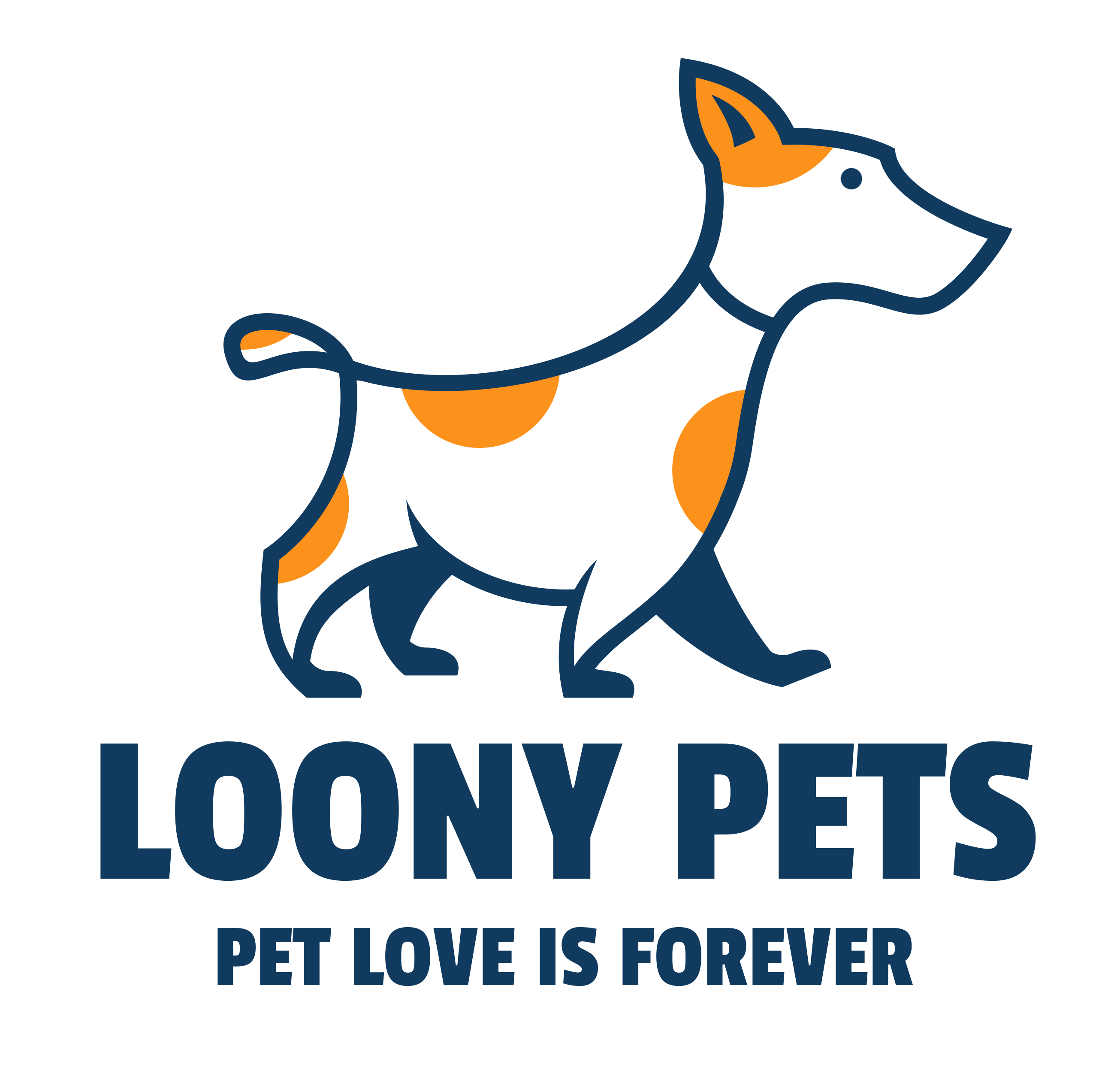Animal-assisted therapy (AAT) is a fascinating field that harnesses the healing power of animals 🐶 to improve the physical 💪, emotional 💖, and cognitive 🧠 well-being of individuals. Let’s delve into the world of AAT and explore its benefits and applications 🌟. This therapeutic approach taps into the deep and ancient bond between humans and animals, leveraging this connection to promote health and happiness 😊.
Animal-assisted therapy involves trained animals, such as dogs 🐕, cats 🐱, horses 🐴, and even dolphins 🐬, working alongside healthcare professionals 👩⚕️👨⚕️ to help patients achieve therapeutic goals 🏥. These animals undergo specialized training to ensure they can interact safely and effectively with a diverse range of patients. The unique abilities and temperaments of different species can be matched to the specific needs of individuals, making AAT a highly adaptable and personalized form of therapy.
Studies 📚 have shown that interactions with therapy animals can reduce stress 😌, anxiety 😟, and feelings of loneliness 😢, while also promoting relaxation 🧘, a sense of well-being 😊, and even physiological benefits such as lowered blood pressure 🩺. The simple act of petting an animal can release endorphins and oxytocin, hormones associated with pleasure and bonding, which enhance overall mood and emotional state 🥰.
AAT is used in various settings, including hospitals 🏨, nursing homes 🏡, schools 🏫, and rehabilitation centers 🏋️, to assist individuals with physical disabilities, mental health issues 🧠, and developmental disorders 🌱. In hospitals, therapy animals provide comfort and distraction for patients undergoing medical treatments, helping to alleviate pain and reduce the stress associated with medical procedures. In nursing homes, they offer companionship and stimulate memory recall in elderly residents, including those with dementia or Alzheimer’s disease 🧓👵.
The unconditional love ❤️ and non-judgmental presence 🥰 of therapy animals create a unique bond with patients, fostering trust 🤝 and facilitating communication 🗣️ and emotional expression 💖. This bond can be particularly beneficial for individuals who struggle to connect with others, such as children with autism spectrum disorder 🧩 or individuals with severe depression 😞. The presence of an animal can make therapy sessions more engaging and less intimidating, encouraging patients to open up and participate more fully.
Animal-assisted therapy offers a holistic approach to healing 🧡 that taps into the innate connection between humans and animals 🌍. By incorporating animals into therapeutic interventions, AAT enhances the quality of life for individuals of all ages and abilities 🌼, illustrating the profound impact that our furry friends 🐕 can have on our health and well-being 🌈. This approach not only addresses specific therapeutic goals but also enriches the overall therapeutic experience, making it more enjoyable and impactful.
The versatility of AAT means it can be tailored to meet a wide range of therapeutic needs. For instance, equine-assisted therapy 🐴 can help individuals with physical disabilities improve their balance and coordination through horseback riding, while dolphin-assisted therapy 🐬 has been used to promote cognitive development and sensory integration in children with special needs 🌟.
Moreover, therapy animals often become beloved members of the therapeutic community, bringing joy and a sense of normalcy to environments that can otherwise feel clinical and impersonal. Their presence can transform a sterile hospital room into a space of warmth and comfort, making a significant difference in the lives of patients and their families 🏥💖.
Animal-assisted therapy is a powerful and multifaceted tool that harnesses the deep connection between humans and animals to foster healing and well-being 🌟. Its applications are broad and varied, making it an invaluable addition to traditional therapeutic practices. By integrating animals into therapeutic settings, we can create more compassionate, effective, and holistic approaches to care, ultimately enhancing the lives of those we seek to help 🐶🌈.
4o

